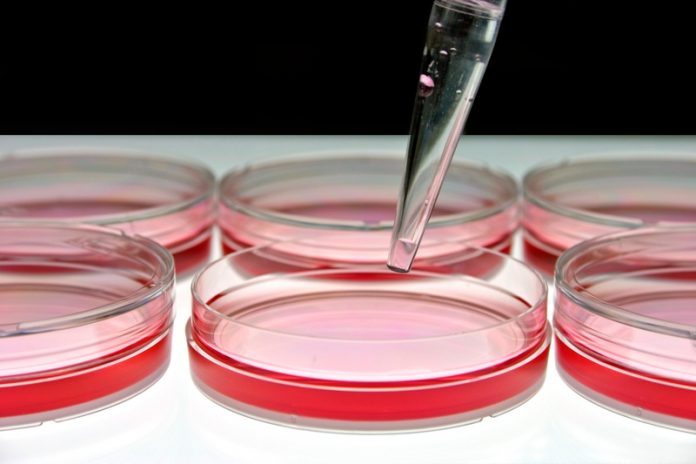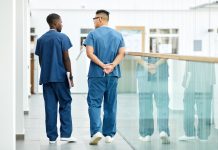Federico Caligaris-Cappio, Scientific Direcor at AIRC – the Italian Association for Cancer Research, highlights the work of the organisation in order to support and boost cancer research throughout Italy.
AIRC is a non-profit association founded in 1965 by a group of researchers at the Istituto Tumori in Milan, supported by eminent local business people with the aim of fostering cancer research in Italy. Over the years AIRC has gradually expanded to become a nation-wide association that now includes 17 Regional Committees, more than 1,500,000 donor members, more than 20,000 volunteers for voluntary services and financially supports about 5,000 researchers all over Italy. On this basis, AIRC is now the most important charity devoted to cancer in Italy and ranks among the most significant cancer charities in Europe, with a yearly budget dedicated to research in oncology, which in 2015 was slightly over €90m.
AIRC mission is threefold:
1) Funding research carried out at scientific institutions, universities and hospitals in Italy;
2) Completing the education of young researchers in Italy and abroad, and;
3) Informing the public and raising awareness of progress in cancer research. In a nutshell AIRC core mission is finding the cure of cancer through research.
The primary goals pursued by AIRC are to overcome the biological barriers that prevent clinical advances in the treatment of cancer and to develop science-driven studies, which are offered to the scientific clinical community.
To pursue its goal, AIRC uses fundraising, which takes place in different forms, through national and local events designed for the general public and the business community it does this through letters requesting support, legacies and donations, including the revenues of the 5 x mille tax payment system. The funds raised are allocated to finance cancer research and to provide support to both junior and senior scientists in terms of grants and fellowships.
Every year on a regular basis calls are published that solicit application submissions. Graduates at the beginning of their career who wish to complete their education may apply for fellowships which can be spent either in Italy, or abroad in highly qualified centres and laboratories. Young, as well as senior investigators may apply to different granting schemes. For example, young scientists have different possibilities, such as My First AIRC Grant, start-up grants (for investigators who wish to return to Italy after an experience abroad), and more recently the experimental Trideo (TRansforming IDEas into Oncology). Senior scientists may apply to either individual investigator grants (IG) or to Multi-Unit grants.
All applications (both grants and fellowships) are evaluated and ranked according to the peer review system. To this end we have a number of more than 600 international reviewers from different countries, mostly from the US, UK and other Northern European countries, and a study section of Italian scientists with different expertise in different aspects of research in oncology who are nominated according to their competence and operate within a rotating system. To provide a snapshot of AIRC activity the numbers of the past 3 years (2013-2015) are the following: 21 calls have been published, in response to these calls, 1,852 new research projects and 995 fellowship requests have been received, triaged and sent out for review. The research projects received can be divided into 2 broad categories: non-clinical, including both basic and translational research (85%) and clinical the remaining 15%. The percentage of projects awarded is around 28%.
As for the future, we plan to implement our activity adding some novel initiatives to our portfolio of grants and keeping in mind 2 critical issues. The first is the career of young scientists, which we need to further support in order to not waste talent. The second is based upon the notion that cancer knows no boundaries, hence we wish to break down national barriers through international partnerships. To leverage the strengths and complement the weaknesses of Italian research in oncology we aim at developing partnerships between AIRC and other major international charities and/or institutions. The take home message I wish to convey is our commitment to support science, as it is our firm belief that research is the cornerstone of any plan ultimately aiming at curing cancer.
Federico Caligaris-Cappio, MD
Professor of Medicine, Scientific Director
AIRC – the Italian Association for Cancer Research
www.airc.it
https://twitter.com/AIRC_it











